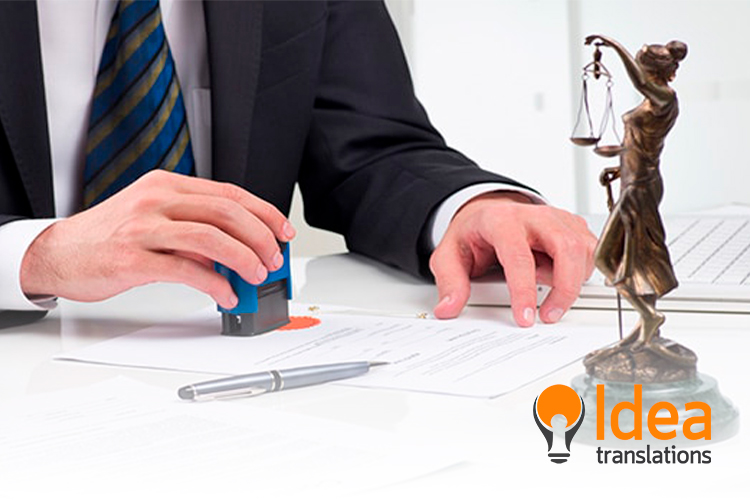
Sworn Translators: Their Role in Official Document Translations
Like most professional areas, the translation industry needs to keep up with the legal requirements of the markets in which it operates.
Most Latin American countries require official documents to be translated by sworn translators. What are sworn translations and what are their characteristics?
Certified or sworn translations are carried out by a translator or interpreter who is registered under a professional authority or entity and has a professional license or registration number. These are some of the documents that may require this service:
- Birth certificates
- Degrees or transcripts
- Marriage certificates
- Medical records
- Passports
- Financial records
- Property ownership records
- Power of attorneys
Generally, these documents carry an attachment with a signed statement as evidence that the translator is duly authorized in both the source and target languages and that the translation is a true and accurate translation of the source document. In other cases, the documents only bear a stamp instead of an attached statement.
In the last decade, the linguistic services market has doubled in size: it reached 49.6 billion dollars globally in 2019
Source: Statista
The certification processes and the applicable authority are different in each country. Likewise, different entities and government agencies, and even some private organizations, such as universities, have different requirements for sworn translations.
Requirements in Argentina, Mexico, Brazil and the US.
Sworn translators need to know each country’s legal system. Some have strict requirements, but these requirements are not always the same. These are some examples:
- Argentina: A sworn translator is the only professional linguist authorized to translate documents that need to be submitted before state-run entities and institutions, both inside and outside the country. The Sworn Translators’ Association of each province regulates the operation and functions of certified translators in that province.
- Mexico: Birth certificates and all certifications related to educational grades, diplomas or degrees obtained abroad need to be translated into Spanish by an authorized expert appointed by the High Court of Justice of Mexico.
- Brazil: According to Law No. 6015 and Decree Law 13 609, documents written in a foreign language need to be translated by a sworn public translator (traductor juramentado) registered with one of the Commercial Boards in Brazil. The document needs to be previously authorized by a local consulate.
- United States: In order to be valid, all organizations, institutions and court houses require translations to be certified. Certified translations include a statement signed by the translator or the translation company, in which the undersigned states that the translation is a true and accurate rendition of the source document and that the individual or organization is authorized in both the source and target languages.
The translation sector is expected to continue growing and to exceed 56.1 billion dollars in 2021. Source: MultiLingual
According to the American Translators Association (ATA), any person may certify a translation, as long as a professional linguist has reviewed the translation to check its accuracy and completeness.
While in the United States being a professional translator is not a requirement to do a certified translation, some companies and institutions have this requirement. This is done mostly to ensure linguists are adequately trained. In this sense, the ATA recommends the inclusion of the following information:
- a description of the linguist’s expertise;
- a statement on the completeness and accuracy of the translation;
- identification of the translated document and the corresponding languages; and
- the translator’s name, signature, and date.
Due to the COVID-19 pandemic, the linguistic services industry is expected to keep growing until 2025. Therefore, companies looking to hire a translation service should choose professional providers that are familiar with the legal framework in each country. When seeking to conquer new markets and broaden the range of clients we work with, the best choice is to work with experts who can ensure quality and accuracy in all translations.



